Teamwork is an essential skill that every child should learn early in life. Whether it’s in school, sports, or group activities, working as part of a team helps children develop important social, emotional, and cognitive skills. In today’s world, where collaboration is key in many areas of life, understanding the importance of teamwork will benefit children throughout their lives. Here’s why teamwork is so crucial for children and how it helps them grow.
1. Improves Communication Skills
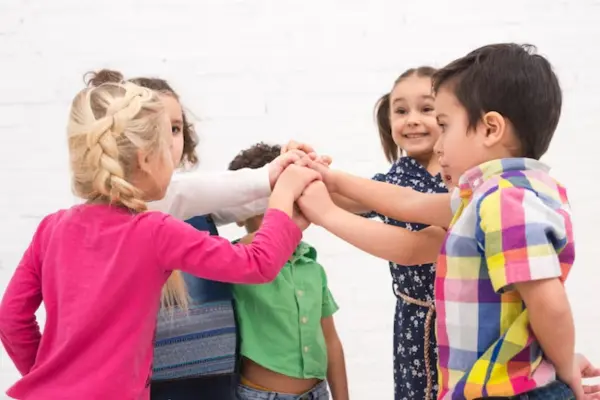
One of the main benefits of teamwork is that it helps children develop strong communication skills. When working with others, children learn how to express their ideas, listen to others, and share their thoughts clearly. Communication is not just about talking, but also about understanding and respecting what others are saying. This is an essential skill both in school and in life, as it helps children learn how to collaborate effectively and build positive relationships.
2. Teaches Cooperation and Responsibility
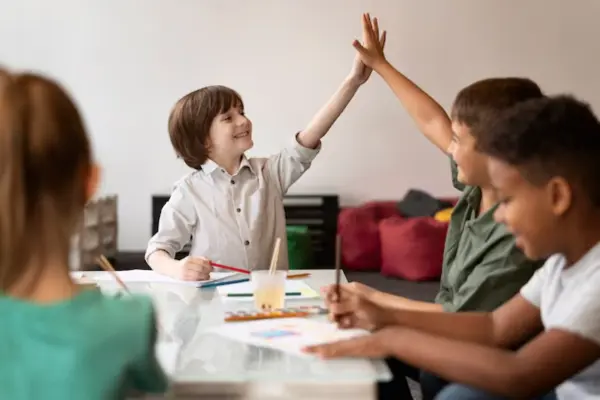
Teamwork encourages children to cooperate with others. Instead of working alone, children must learn how to work together, share tasks, and contribute to the group’s success. Each team member has a role and responsibility, and children learn that their actions affect the whole group. This teaches them the importance of being dependable, reliable, and responsible. When children understand their role in a team, they feel a sense of accomplishment when the team achieves a goal.
3. Fosters Problem-Solving Skills
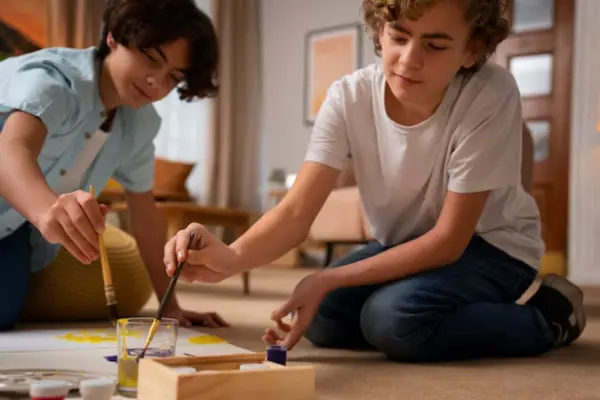
Working in a group means that children often face challenges or problems that need to be solved together. Teamwork helps children learn how to think critically and find solutions with others. When children are part of a team, they discuss different ideas, listen to various viewpoints, and come up with the best solution as a group. This process of problem-solving helps children develop creativity and flexibility, as they learn that there is often more than one way to approach a challenge.
4. Builds Social Skills and Friendships
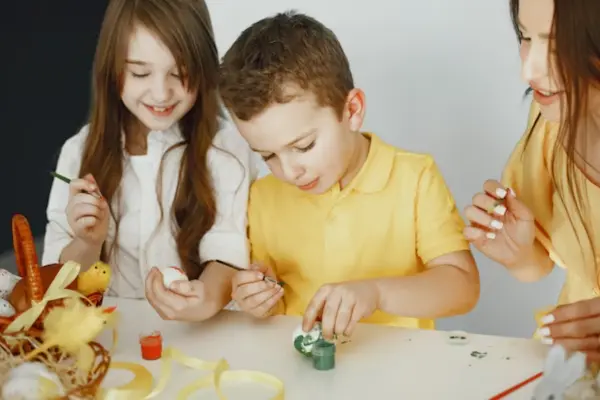
Teamwork is a great way for children to build strong social skills. Through group activities, children learn how to interact with others, share, take turns, and resolve conflicts. These interactions help children form friendships and develop a sense of belonging. Being part of a team also teaches children how to work with people who may have different opinions, personalities, and backgrounds. This helps them learn tolerance, respect, and how to manage disagreements in a positive way.
5. Increases Confidence and Self-Esteem
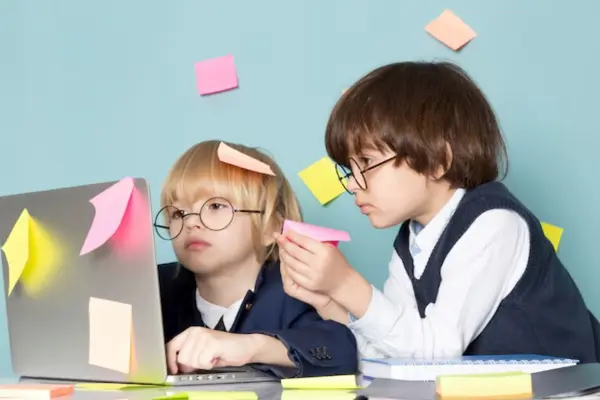
When children contribute to a team’s success, it boosts their confidence and self-esteem. They learn that their efforts are valuable and that they can make a difference. In a team, children can take on different roles, which allows them to discover their strengths and interests. Whether they are leading a group activity or supporting others, each contribution builds their belief in their own abilities. This increased confidence will help them take on new challenges and work well with others in the future.
Conclusion
Teamwork is more than just working with others; it’s about developing key life skills that will help children succeed both personally and professionally in the future. By learning how to communicate, cooperate, problem-solve, and build relationships with others, children gain a strong foundation for life. Teamwork teaches children the value of working together and encourages them to develop empathy, responsibility, and confidence. As children grow and face new challenges, the skills they learn through teamwork will be invaluable in shaping them into well-rounded, confident, and cooperative individuals.